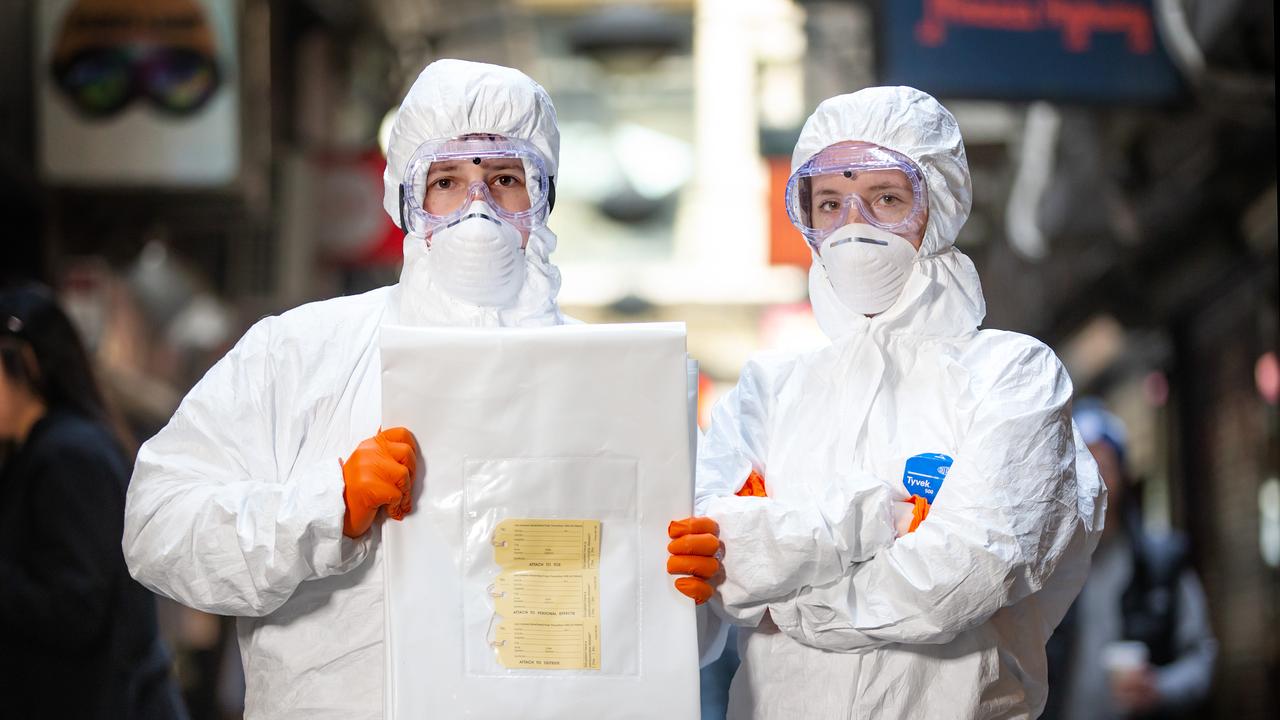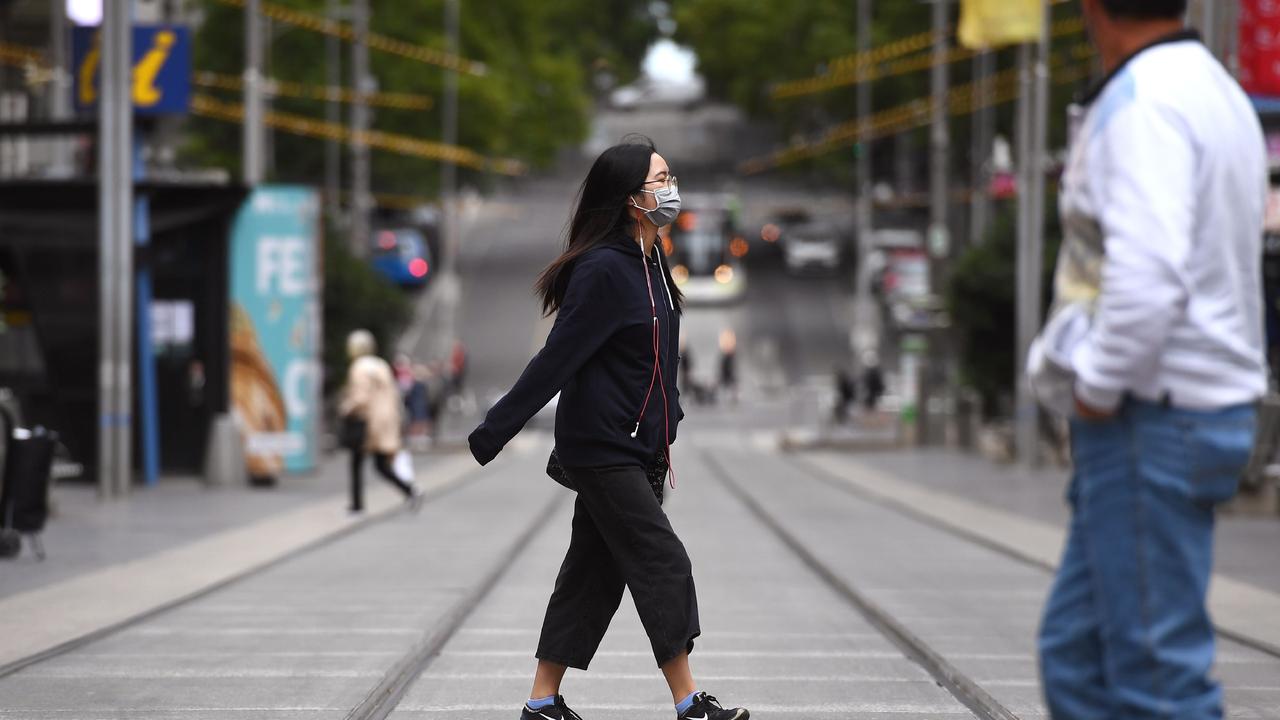Coronavirus Australia: Experimental ebola drug could treat COVID-19 patients in clinical trial
A drug designed to treat ebola could soon be used to treat COVID-19 patients in a clinical trial in Australia, while researchers are also turning to a vaccine unused in the country since the 1980s.

An experimental drug initially designed to treat ebola could soon be used to treat coronavirus patients in a clinical trial in Australia
The broad-spectrum antiviral remdesivir was originally developed by US drug firm Gilead to tackle the 2009 ebola outbreak, but ultimately proved unsuccessful.
Now it’s being used in several coronavirus clinical trials across the world, with some promising results.
Earlier this month, a 79-year-old Italian man who had tested positive to COVID-19 was cleared of the disease after taking the drug. Italian politician Giovanni Toti described it as the “first real case of coronavirus cured”.
It is also being tested by the US National Institutes of Health (NIH) on 13 patients who were hospitalised after contracting COVID-19 on board the Diamond Princess cruise ship in Japan.
READ MORE: Follow the latest coronavirus updates
RELATED: Man recovers from COVID-19 using drug designed for ebola

The World Health Organisation (WHO) has described the drug as one of the four most promising therapies, alongside the two malaria medications, chloroquine and hydroxychloroquine, and a combination of two HIV drugs, lopinavir and ritonavir.
But there is currently no stock of remdesivir in Australia, so health authorities are hoping to have some delivered within the next 1-2 months to be trialled in some 50 hospitals.
“We are in discussions with Gilead and we want to put that in the trial as well,” Professor Josh Davis, the president of the Australian Society of Infectious Diseases, told News Corp.

Researchers are also planning to test a TB vaccine unused in Australia since the 1980s as a potential treatment for the virus.
Murdoch Children’s Research Institute will join a global trial using the tuberculosis vaccine to counter the symptoms of COVID-19.
The six-month trial will involve 4000 healthcare workers in Australia, lead researcher Nigel Curtis told reporters on Thursday.
Half of the workers will not be given the vaccine with researchers hoping to get some sign of its effectiveness in three months.
There have been about 2800 confirmed cases of coronavirus in Australia with 13 deaths as the country braces for the outbreak to gather pace.
Professor Curtis said besides combating tuberculosis, the vaccine boosts the body’s immune system, reducing the symptoms of coronavirus.
“It’s really the first time the vaccine has been used in this way,” he said. “The vaccine has the ability to ‘train’ the immune system to respond more strongly to infection.”
He said healthcare workers were particularly vulnerable to infection, pointing to deaths of frontline workers overseas.
Similar trials are starting in the Netherlands, Germany and the UK but the Australian trial will be one of the largest.

Unlike the northern hemisphere, Australia will be facing coronavirus into winter’s flu season, which would provide more data for researchers. But he said it was still important for countries to be developing a coronavirus vaccine.
“This has really alerted to the world that we are always just a few weeks away from a pandemic,” Professor Curtis said.
“Even if we make a vaccine against this particular virus, if a different one pops up, it’s very good for us to have an off-the-shelf vaccine that works against the number of different viruses.”
Professor Curtis said people who had already had coronavirus or were unwell would be excluded from the trial.
“If I didn’t think (the tuberculosis vaccine) would work, I wouldn’t have been here seven days a week for the last month with a team of 20 people,” he said.
- With wires



